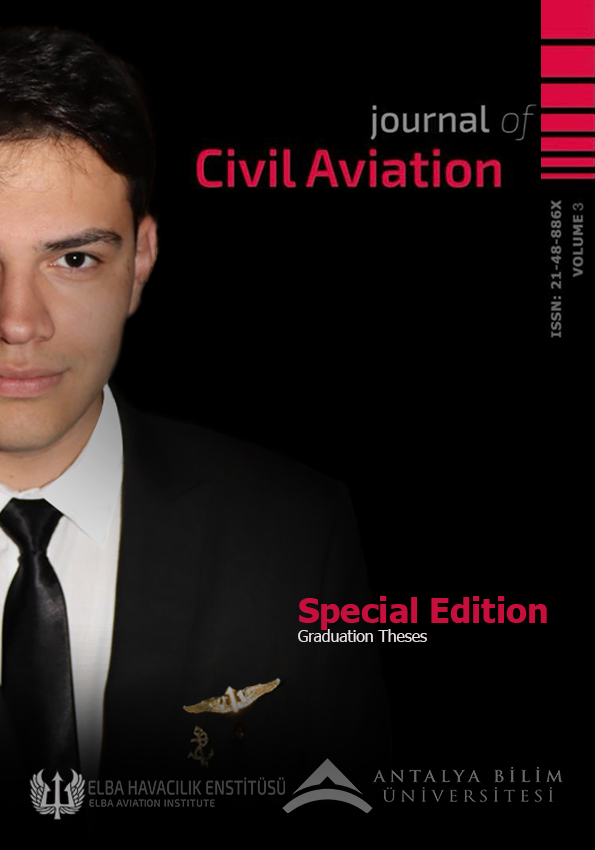Initial Processing. All manuscripts are automatically logged into our tracking system when they are submitted online through Editorial Manager and processed for conformity to basic standards. Authors are able to track the decision process via Editorial Manager.
Initial Review. All manuscripts undergo internal review by the editor-in-chief, deputy editor, associate editors, and staff editors as appropriate.
Peer Review. Some manuscripts are selected after this initial review to be sent to external peer review. Reviewers are required (1) to keep the manuscript confidential; (2) to not to make copies of the manuscript or share its content with others without the permission of the editor-in-chief; and (3) to apprise the editor-in-chief of any conflicts or biases that might affect their ability to objectively assess the manuscript. The review process for all manuscripts is "partially masked"—that is, a reviewer's identity is not revealed to the author or to other reviewers of the same manuscript. However, each peer reviewer will receive a copy of the decision letter for the manuscript that she or he has reviewed.
Publication Decisions. Most decisions are made within 90 days of receipt of the manuscript. Authors are notified of decisions via email.
Revisions. Most manuscripts require revisions, minor or extensive, before they are accepted in full for publication. Authors receive instructions for revisions in manuscript decision letters, based on feedback from peer reviewers and staff editors.
Editing. All accepted manuscripts are substantively edited for content and overall presentation, not merely for grammar and correct style, so authors should be prepared for further revisions (sometimes extensive) during editing. These revisions reflect detailed critiques of presentation, completeness, clarity, and balance by the editor-in-chief, deputy editor, associate editor, and/or staff editor. The authors are responsible for the accuracy of the final, edited version, which the corresponding author approves on behalf of all authors, either after consulting with all co-authors or by obtaining their advance authority to approve the final version on their behalf. Once the final, approved version is typeset, the authors may not rewrite or revise content (except to correct errors in data or typesetting); therefore, it is essential that the corresponding author ensure the accuracy of the final, edited version before it is sent to the publishing house for final checking and typesetting.
Proofs. The corresponding author is responsible for proofreading the typeset materials carefully, and consequently all authors are wholly responsible for the accuracy of the final printed version based on that proof. The corresponding author may correct typographical errors and data errors but may not make discretionary or non-error-related changes to the proof.
Rejected manuscripts. When a submitted manuscript is not accepted for publication, the editorial office will retain an electronic copy of it. The editor-in-chief reserves the right, however, to discuss the manuscript and its disposition with the editor of another journal if either editor has a reasonable concern that duplicate publication, simultaneous submission, or other inappropriate actions have been taken.





